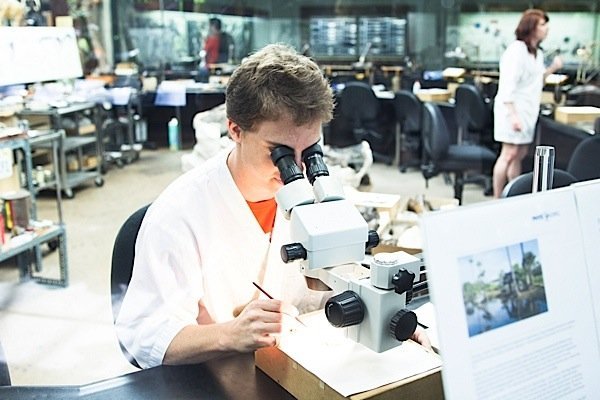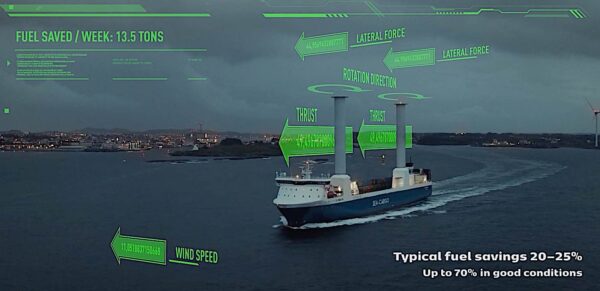One of the world’s wealthiest businessmen and philanthropists hopes to serve as a catalyst in finding speedier solutions to the world’s climate change problems. Bill Gates of Microsoft has teamed with Mark Zuckerberg and a dozen or so other billionaires and high-profile institutions to launch the Breakthrough Energy Coalition. Gates has pledged $2 billion of his own money to help begin the process of scaling up public research with the aim of creating new technologies that will finally make it possible to leave oil behind. Gates envisions a new public-private model in which governments, research institutions and investors work together to invent the technologies we need.
Time is of the essence, Gates says. The present approach to the energy crisis is not working fast enough. “The existing system of basic research, clean energy investment, regulatory frameworks, and subsidies fails to sufficiently mobilize investment in truly transformative energy solutions for the future. We can’t wait for the system to change through normal cycles.” We need, as Gates said in an interview with The Atlantic magazine, “an energy miracle.”
The urgency of accelerating work on energy technology innovation can be understood by referring to past transitions from one form of energy to another, Gates argues. Today, renewable energy accounts for less than 5 per cent of the world’s energy supply. When oil became an important energy source in the early twentieth century, it too had a 5 per cent share. But it took decades for oil to move from 5 per cent to 25 per cent, and the same was true, he says, of natural gas. But the world can’t wait decades longer to transition to clean energy. It has to happen in the next fifteen years.
To make this happen, a massive infusion of new money for R&D is required. This will be facilitated by a related initiative called Mission Innovation, also announced in Paris today. A dozen or so countries, including Canada, have signed on to “reinvigorate and accelerate public and private global clean energy innovation” with the aim of making clean energy widely affordable. Governments are being encouraged to double their investment in clean energy research and development over five years.
While this is a positive step, governments, however well-intentioned, tend to be “somewhat inept” according to Gates. So are most private sector companies, he says. Gates and the Breakthrough Coalition partners will attempt to compensate for the competence that governments may lack in this area by ensuring intelligent, targeted investment in energy technology. Investment will focus on five key areas: electricity generation and storage, transportation, industrial use, agriculture and energy system efficiency. The aim is to attract private investors who are willing to commercialize innovations that come out of these research efforts.
Three promising areas of research
As examples of the kinds of technologies that deserve funding and more research, Gates mentions three promising areas. One is solar chemical, a technology that uses photovoltaics to mimic photosynthesis, converting sunlight into carbohydrates. The simplest form uses sunlight to split water into oxygen and hydrogen gas. The hydrogen can be used directly as fuel.
Energy storage technology is the second “opportunity” for research. The development of flow batteries, which use tanks of rechargeable liquid electrolyte to generate electricity, has a great deal of promise. Unlike today’s lithium ion batteries, which lose capacity as the number of recharge cycles increases, flow batteries can last for decades.
A third promising area is that of solar paint, consisting of a conductive layer, a base layer, and a light-sensitive layer on top, transforming any surface into a cheap solar panel.


































